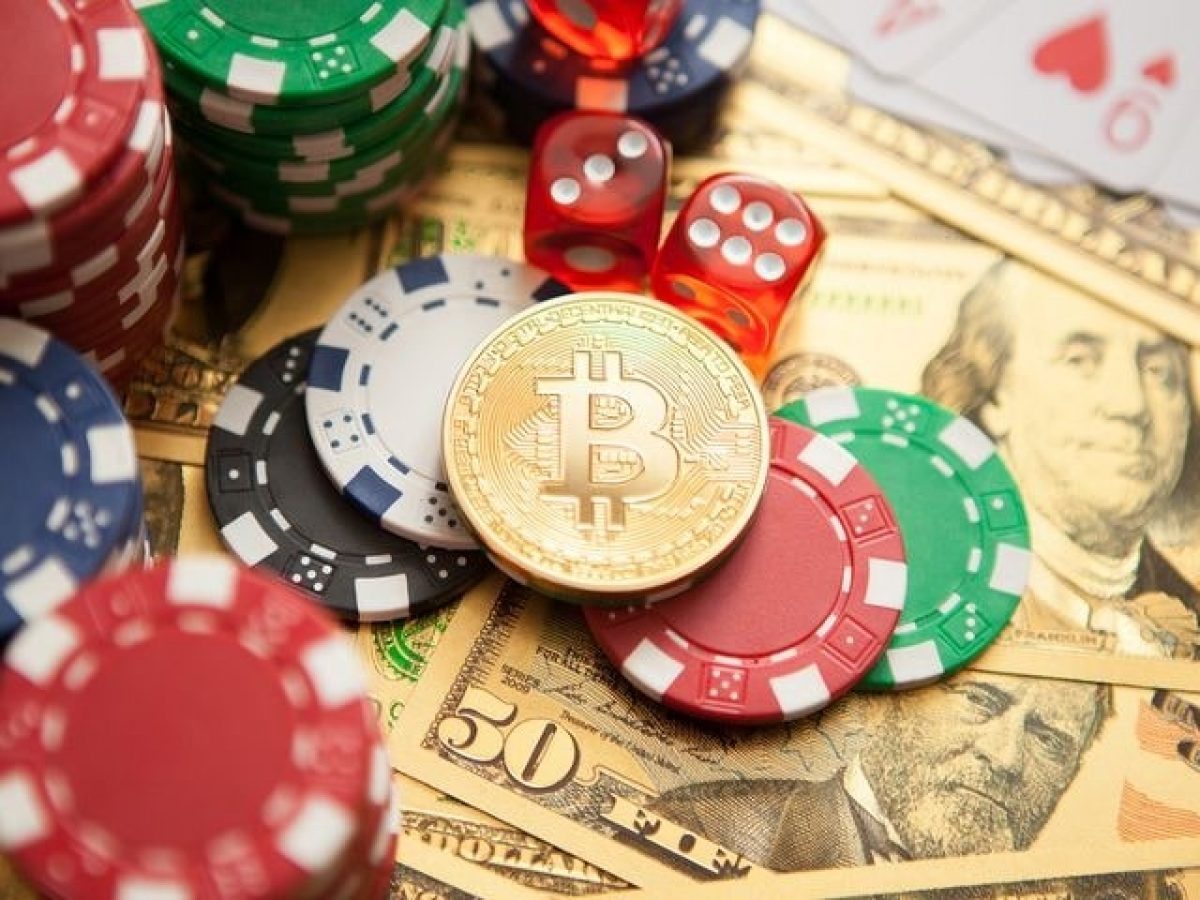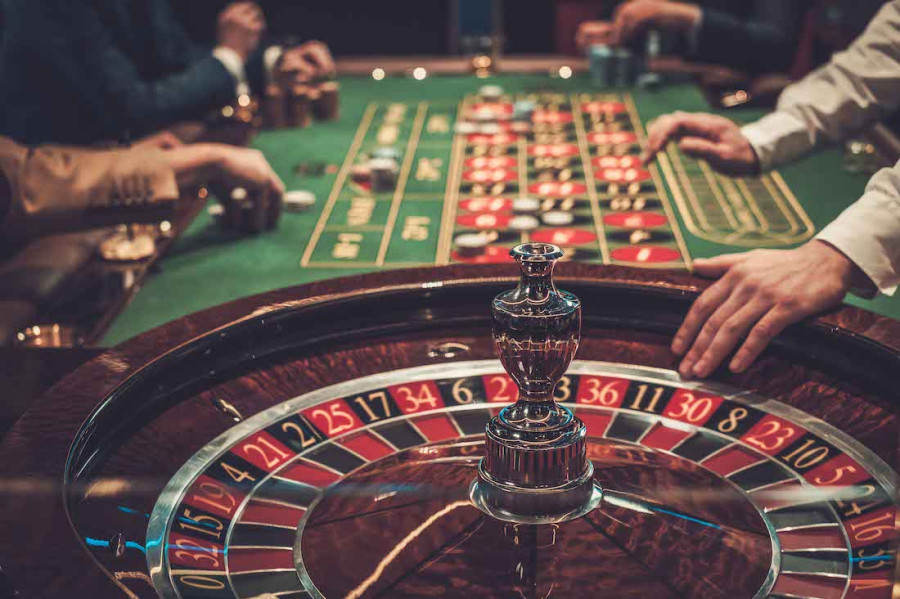Online crypto casinos are increasingly becoming popular for offering a more transparent and fair gaming experience compared to traditional online casinos. This is largely due to the underlying technology that powers cryptocurrencies, such as blockchain, which ensures a higher level of transparency, fairness, and security for players. One of the key aspects that make crypto casinos more transparent is the use of blockchain technology. Every transaction made on a blockchain is recorded on a public ledger, which is immutable and transparent. This means that players can verify all deposits, withdrawals, and bets, ensuring that no funds are manipulated or hidden. Unlike traditional casinos, where players rely on the casino’s own reporting and auditing processes, blockchain provides a decentralized way to track all actions, removing the need for trust in a central authority. This transparency builds confidence among players, knowing that they can independently verify the fairness of the games and the integrity of the casino’s operations. In addition to transparency, crypto casinos often employ provably fair algorithms, a feature that is unique to the industry and ensures fairness in gaming.

These algorithms allow players to verify the randomness of the game outcomes themselves. When a player places a bet, the system generates a cryptographic seed that is then used to determine the outcome of the game. The player has access to the seed, and they can use it to confirm that the result of the game was not tampered with. This system eliminates the possibility of casinos manipulating game outcomes, as both the player and the casino operate on the same cryptographic foundation, offering a fair playing field for all. Online bearbrick888 crypto casinos also tend to offer faster payouts and more favorable terms when it comes to withdrawals. Traditional online casinos often rely on third-party payment processors that can take days to process withdrawals. Crypto casinos, on the other hand, use cryptocurrencies, which can be transferred almost instantly, allowing for quicker payouts. Additionally, cryptocurrencies typically have lower transaction fees compared to traditional banking methods, meaning that players can keep more of their winnings. This speed and efficiency in processing transactions contribute to a smoother and more user-friendly experience for players.
Another significant benefit is that crypto casinos are not bound by the same regulations and restrictions as traditional casinos, especially those operating in regions with strict gambling laws. This opens up the possibility for players from different countries to access and play in these casinos, as cryptocurrencies are often not subject to the same legal restrictions as fiat currencies. This global accessibility allows for a more diverse player base and promotes fairer competition across regions. Furthermore, the decentralized nature of cryptocurrencies means that players are not reliant on any single entity or government for the security of their funds. This decentralization reduces the chances of fraud or manipulation by any single party, adding an extra layer of trust for players. Online crypto casinos provide a more transparent and fair gaming experience by leveraging blockchain technology, Provably Fair algorithms, fast and low-cost transactions, and the decentralization of cryptocurrencies. These factors ensure that players can enjoy a secure, transparent, and trustworthy environment where they can verify game outcomes, track their transactions, and have greater control over their funds.




